I know that I am officially middle-aged now because I look at ‘the younger generation’ and shake my head in  woe.
woe.
You see, it seems as if they are all surgically attached to electronic gadgets. They fone, txt and FB (phone, text and Facebook). I cringe to think what it is doing to spelling, grammar, syntax and the health and wealth of the written word.
I’m sounding like my mother (in her middle age)!
I tell myself that as long as they read – widely- fiction, poetry, anything not reported in a celebrity magazine - then the language may survive even though future generations may view books as quaint. But will these young’uns literally survive if they are utterly dependent on electronic media and other gadgets? That does make me ponder.
Parts of my splenetic airings are around how the younger generation are much less in touch with ‘outside’ and living outdoors. By this I mean playing outdoors in places that are not fenced, with an asphalt surface and health and safety specified cushioning for the inevitable tumbles. Do children get to just wander around neighbourhoods- walking or cycling, alone or in a pack – and just look at trees, ants, and the man with the digger doing something to the road? Is it any wonder that when these children are let loose in proper rough countryside – which I define loosely as natural but inhabited yet having no discernable street or road lighting- they are afraid of the dark?
We have reared a generation of kids afraid of the dark.
Along with being apprehensive of stranger danger, everything ‘out there’ is potentially terrifying. They are too scared to walk out and look at the starry sky on a clear night. They have no conception of what it is like to try and walk at a new moon near winter solstice as opposed to taking a midnight ramble at full moon near summer solstice.
 They are often not intimate with seasonal variations, the path of the ever increasing and decreasing arc of light, because they are stuck indoors all day.. Seasons are not holidays. They are part of one’s ecological habitat.
They are often not intimate with seasonal variations, the path of the ever increasing and decreasing arc of light, because they are stuck indoors all day.. Seasons are not holidays. They are part of one’s ecological habitat.
When I was a scout, I learned how to use a compass. I will hazard a guess that most kids today can use GPS or SatNav, but what happens when it breaks down? We have also reared a generation that doesn’t know how to repair things. Electronic gadgets tend to be sophisticated, complicated and are created with planned obsolescence.
It is difficult, expensive or impossible to get parts. So more plastic gets dumped onto landfill. (Which is another tragic legacy we leave with the younger generation.)
At some point things don’t function. That’s when we have to confront how we may have enabled an entire generation to be helpless.
If there were only one outdoor skill I would teach to each and every child – ideally in a geography class (if they even call it geography any more?) – it would be how to use a compass.
It’s one thing for ET to phone home (or even fone home); it is quite another to actually be able to find your way home.
Not everyone wants to go on wilderness walks where you will never find a cell phone signal. Nor does everyone want to live in countryside where storms and other climatic events will knock out landlines and electricity routinely. But everyone needs to know each of the four directions and how to navigate their way back home under their own steam. People can, and often do, give garbled and misleading directions. As long as you can orient yourself, and know, for example, that you live north of certain landmarks, you will get to your destination.
Children need to have the confidence that they will be able to get where they need to go, to find those that they love, to reach a goal. Compasses imply lessons in orienteering not just for a landscape but a lifescape.
Compass reading not only is a practical skill, it’s also an exercise in deepening psychological and spiritual maturity. If you know how to orient yourself in a physical or spatial context you can translate that inner self-reliance to discern career path, life partner and soul’s journey. A compass is more than just a compass. It’s a lesson in finding that magnetic pole from which you can go out into the world and find your way back.

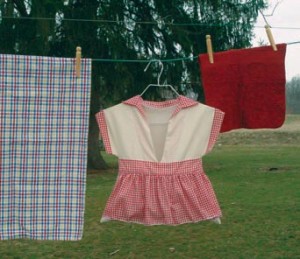

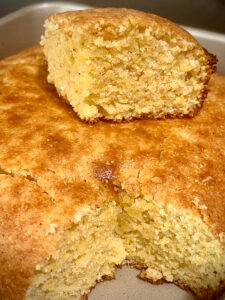


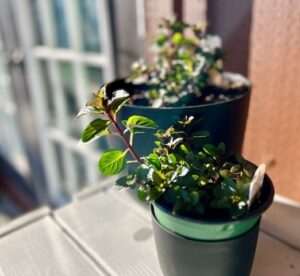






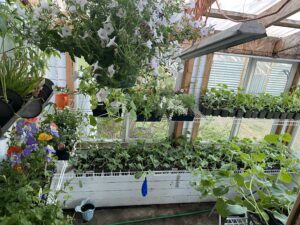


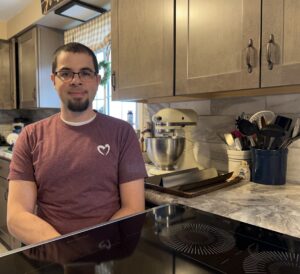


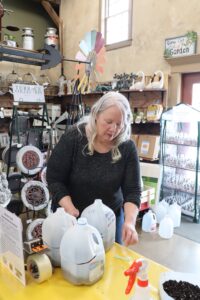
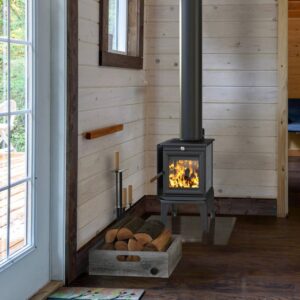




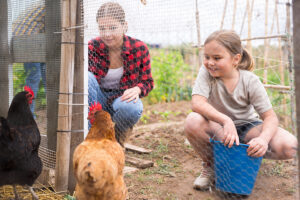
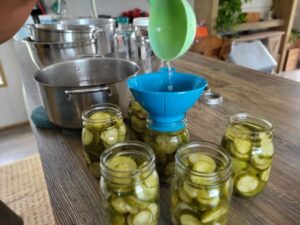

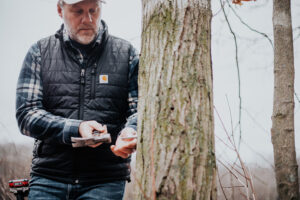
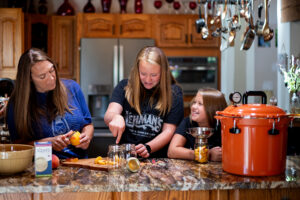

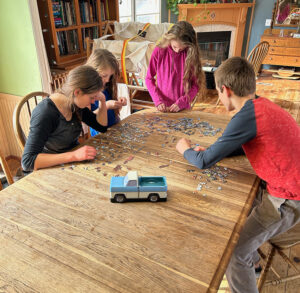


Oh and when I do text,I don’t use the “lingo” I use real words.
Done of use middle aged are equally attached. “It’s a gift and a curse.” Mr. Monk
I took a GPS (compass is useless at 73 degrees North) on my kayak expeditions. My goal however was to never take it out or depend upon it. I am, in fact, still a fan of travel by dead reckoning and knowledge of the landscape. I digress here to comment that there has been more than one case in these Western lands where travelers have chosen a GPS “pick shortest route” and have left open mountain pass roads to nurse their way along dark, winding, marginal often snow-covered gravel roads…and this is where they have died. Most recently a woman was found alive after 78 days alone. Her husband, attempting to hike out to look for help has not been found.
I never learned to use a compass, and now want to learn. Thankfully, my darling husband knows and has promised to teach me this summer!
i got lost once on a 5 acre plot of land belonging to a friend. he was with me…we were both lost because we ventured off the path with nothing but our confidence. not smart. never again.
This is a basic skill taught by Boy Scouts and I am proud to say that we teach this skill in the Scout reach program. Remember to put ‘Fred in the shed’ follow the arrow on the compass not Fred and know the difference from magnetic and true north! You are on your way.